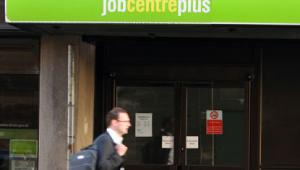The Office for National Statistics released the latest inflation figures today, saying the main contributors to the increased rate were rising prices for food and recreational goods.
This was along with transport costs, which fell by less than they did a year ago, the ONS said.
Owner-occupiers’ housing costs 12-month inflation rate was 2.8% in September 2017, up from 2.7% in August 2017.
The upward ‘effects’ were partially offset by downward contributions from a range of goods and services, in particular clothing prices, which rose by less than they did a year ago, the ONS figures showed.
Researchers at the Resolution Foundation charity said rising inflation and lagging wage growth were hitting low and middle income households at a time of reduced state support.
The foundation highlighted that because working age benefits are being frozen in cash terms, today’s figures confirmed tax credits, child benefit, JSA, ESA and Universal Credit will be subject to a 3% real-terms cut.
David Finch, senior economic analyst at the Resolution Foundation, said: “The chancellor should use his Budget next month to unfreeze working age benefits and provide some much-needed relief for young families in particular.
The Institute for Fiscal Studies stated that today’s announcement confirmed the government’s four-year freeze on most working age benefits is now expected to reduce entitlements in 2019–20 by an average of £450 per year for the 10.5 million households affected, saving the Exchequer £4.6bn.
When the policy was first announced, the expected average loss among the losing households was £320 per year, which would have saved the Exchequer £3.4bn. The £130 difference is because inflation over the four years is now expected to come in higher than was anticipated.
Tom Waters, a research economist at IFS, said: “This illustrates a problem of setting benefit rates far in advance in cash terms".
Frances O’Grady, TUC general secretary, said: “The chancellor must use November’s Budget to ease the pressure on hard-pressed families."











